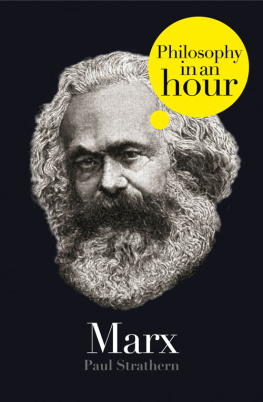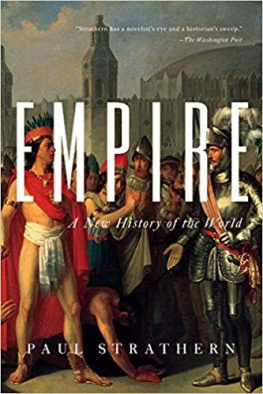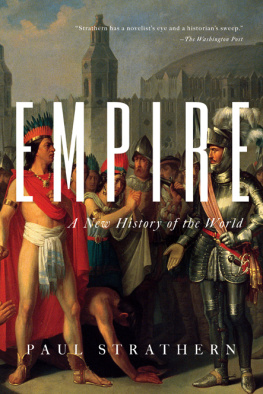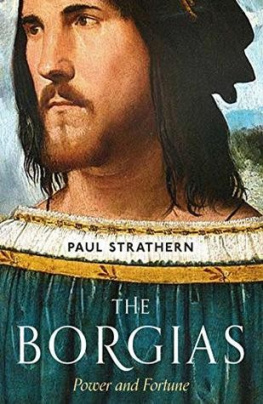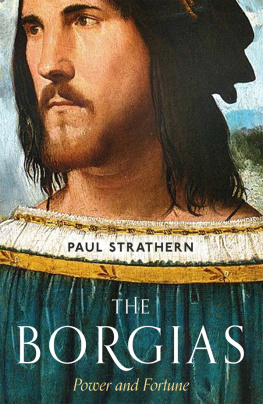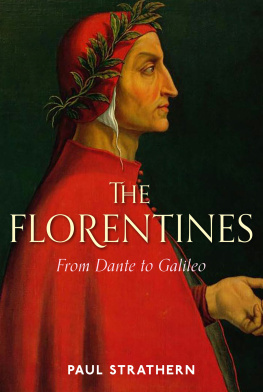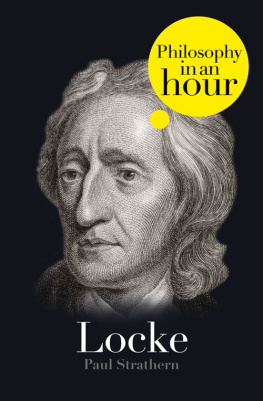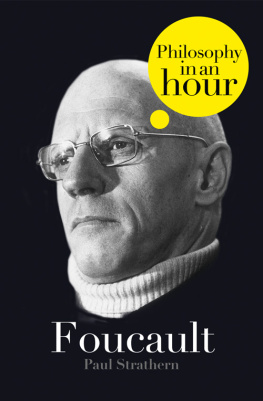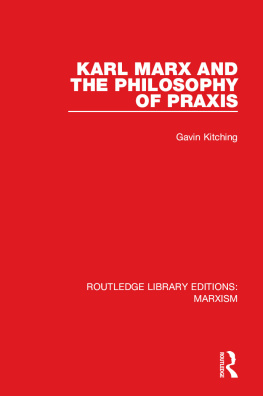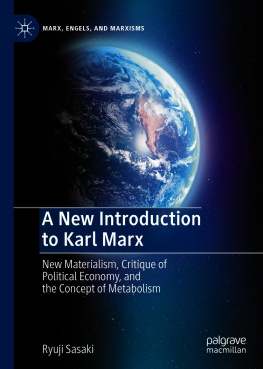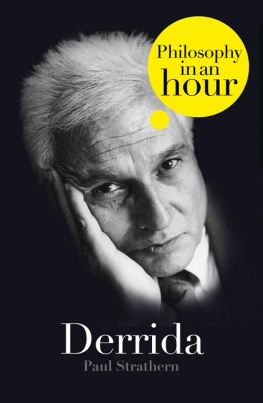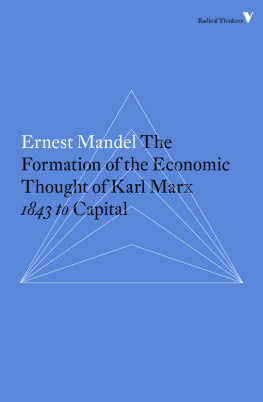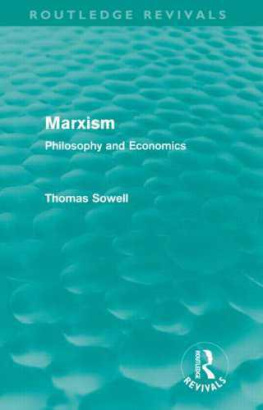They shot down every insurgent they could find, and our landlady told us later that her brother, who owns the Golden Stag in Scheffelgasse, was made to stand and watch while the soldiers shot one after another twenty-six students they found in a room there. Then it is said they hurled men into the street by the dozen from the third and fourth floors. It is horrible to have to go through these things! This is how men have to fight for their little bit of freedom! When will the time come when all men have equal rights?
Marx proposed communism as the answer. The twentieth-century experience has taught us in no uncertain terms that it does not work. Yet several of Marxs most perceptive criticisms of capitalism remain unanswered. The questions of social justice which he raised pressing and crucial at the time remain with us. The cheek-by-jowl existence of luxury and pitiless destitution that can be found today in Bombay and So Paulo would be all too recognizable to the Marx who walked the streets of Dickensian London. Even in the heartlands of twenty-first-century affluence created by capitalism, its contradictions are still evident in the urban ghettos of New York and Los Angeles, the economic wastelands of northeast England, and the slums of Naples. Capitalism has become the worldwide success story, but at cost. In Marxs time, this cost was beginning to appear unbearable.
Karl Marx was born in the German provincial city of Trier on 5 May, 1818. Trier is just six miles from the Luxembourg border, on the Mosel River, which is renowned for its vineyards. Its proximity to the border and its love of wine make Trier an easy-going cosmopolitan spot, factors which were to have a significant influence on Marx.
Like so many ardent revolutionaries, Marx was brought up amidst comfortable bourgeois surroundings. His father, Hirschel, was a successful local lawyer who also owned a couple of small vineyards; and one of Karls uncles went on to found the Dutch industrial giant Philips.
Although descended from a line of rabbis, Hirschel Marx was not religious. Like many German Jews during this period such as the composer Felix Mendelssohn and the poet Heinrich Heine he converted to Christianity. This was largely a formality, enabling him to assimilate more easily into German middle-class society. Hirschel (who now became Heinrish) Marx had already enthusiastically embraced European culture. His favourite authors were Kant and Voltaire: a characteristic blend of German profundity and French subversive wit. Germany was in the process of becoming a unified nation state, and in 1815 the Rhineland provinces had been taken over by Prussia. The new Prussian rulers were deemed autocratic and oppressive by the more liberal locals. Karls father joined a political club that pressed for the Prussian state to adopt a constitution, which would enshrine the rights of its citizens.
Few details of Karls childhood have come down to us, apart from his so-called habit of forcing his sisters to eat mud pies. This sounds like a legend based upon a single incident: weeping muddy-lipped girls, outraged mother, skulking Karl, etc. Needless to say, commentators have exploited its metaphorical implications to the full this is what the mature Karl did to us all, and so forth. By the time he went to nearby Bonn University at the age of eighteen, Karl was already an avid imbiber of books and wine, dividing his time equally between the library and the taverns. During some riotous activity in the latter he managed to provoke a local officer cadet into challenging him to a duel, and was lucky to emerge from this episode with nothing more serious than a traditional dueling scar. Karl was never the athletic type and even managed to evade military service on health grounds (aided by a somewhat suspect doctors report).
A year later Marx transferred to the University of Berlin, ostensibly to continue his law studies. But by now he had discovered philosophy, and all else paled into insignificance. Berlin was the capital of Prussia, far from the wine-loving Rhineland, and here student life was a much more serious matter. This was where the great Hegel had been professor of philosophy, becoming almost the official philosophical apologist for the Prussian state. But Hegel had died five years earlier, and a wide range of his followers had by now developed his ideas in a wide range of directions. Hegels vast idealistic philosophical system had proved open to many contradictory interpretations, several of which were anything but sympathetic to the repressive Prussian state and all it stood for.
Marx dutifully attended the official lectures on Hegels philosophy but claimed that he eventually fell ill from intense vexation at having to make an idol of a view I detested. Ironically, Hegel proved to be one of the main influences on Marxs philosophy. But it was the dynamics and scope of this philosophy, rather than its actual content, that appealed to Marx.
Hegels philosophy viewed the world and all history in terms of a vast, all-embracing, ever-evolving system. This evolution grew out of the struggle between contradictions, and worked in a dialectical fashion. Each notion implied and generated the notion of its contradiction. For instance, the very notion of being implied the notion of nonbeing, or nothingness. These two opposites (the thesis and its antithesis) then came together to form their synthesis, which was becoming. In Hegels all-embracing dialectical system, this synthesis then became a new thesis, which in its turn developed its own antithesis, and so on. This dynamic system moved through all ideas, all history, and all phenomena up to the highest level of Absolute Spirit reflecting upon itself, which is the totality of all that exists.
More specifically, Hegels philosophy of history insisted that the evolution of laws and government institutions in a society reflected the ethos and character of the people who made up that society. This may seem obvious to anyone who is used to living in a more liberal society, but it was far from obvious 150 years ago in the repressive, bureaucratic Prussian state. Hegel insisted that there was a dialectical link between the state and its citizens. This dialectic assumed both a logical and an organic aspect. The evolving structure of the state and the evolving traditions of its people were part and parcel of the same thing.
Hegels immensely prolix and complex philosophy appeared at an opportune historical moment. Its idealism, its insistence that all was moving toward the Absolute Spirit, filled the spiritual vacuum left by a growing disillusion with religion. It was Hegel who originally pronounced God is dead in 1827, not his firebrand successor Nietzsche, who is usually associated with this saying. Hegel was referring here to the more limited Christian idea of God, which would be superseded by the Absolute Spirit. Even so, his remark was highly blasphemous. Yet it was buried deep in the obfuscation of his all but unreadable work, and passed largely unnoticed. As a result, his philosophy appeared essentially conservative to the Prussian authorities. Its emphasis on a vast hierarchical system seemed like the absolute dream of a bureaucratic state. It was Hegels insistence on the spiritual, his religiosity, and the repressive conservatism of his system that made Marx sick.

